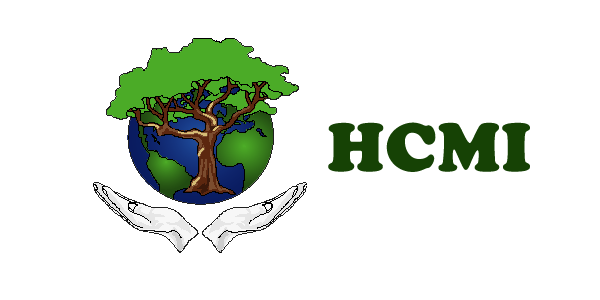 Lindane is an organochlorine insecticide and fumigant which has been used on a wide range of soil-dwelling and plant-eating insects. It is commonly used on a wide variety of crops, in warehouses, in public health to control insect-borne diseases, and (with fungicides) as a seed treatment. Despite a recent global ban on its agricultural use, the pesticide, a potent neurotoxin, is still used in shampoos and lotions in the U.S. to control head lice and scabies.
Lindane is an organochlorine insecticide and fumigant which has been used on a wide range of soil-dwelling and plant-eating insects. It is commonly used on a wide variety of crops, in warehouses, in public health to control insect-borne diseases, and (with fungicides) as a seed treatment. Despite a recent global ban on its agricultural use, the pesticide, a potent neurotoxin, is still used in shampoos and lotions in the U.S. to control head lice and scabies.
Scientists report that lindane is currently among the least effective means to control lice and scabies. California's 2001 ban of lindane's pharmaceutical products has resulted in cleaner water and less risk to children from exposure to the chemical. They have found viable alternatives that are effectively controlling lice and scabies outbreaks, according to a recent article in Environmental Health Perspectives.
Infants are exposed through the placenta and breastmilk, and lindane residue contaminates common foods such as rice and potatoes.
A variety of toxicological effects, such as reproductive and neurotoxic impairments, have been recorded for lindane and other isomers of HCH in test animals. The alpha and beta isomers are associated with liver and kidney effects in laboratory animal studies. Lindane has been associated with Neurological Effects, Cancer, Endocrine Disruption, Reproductive Effects, Immunological Effects and Liver Toxicity.
